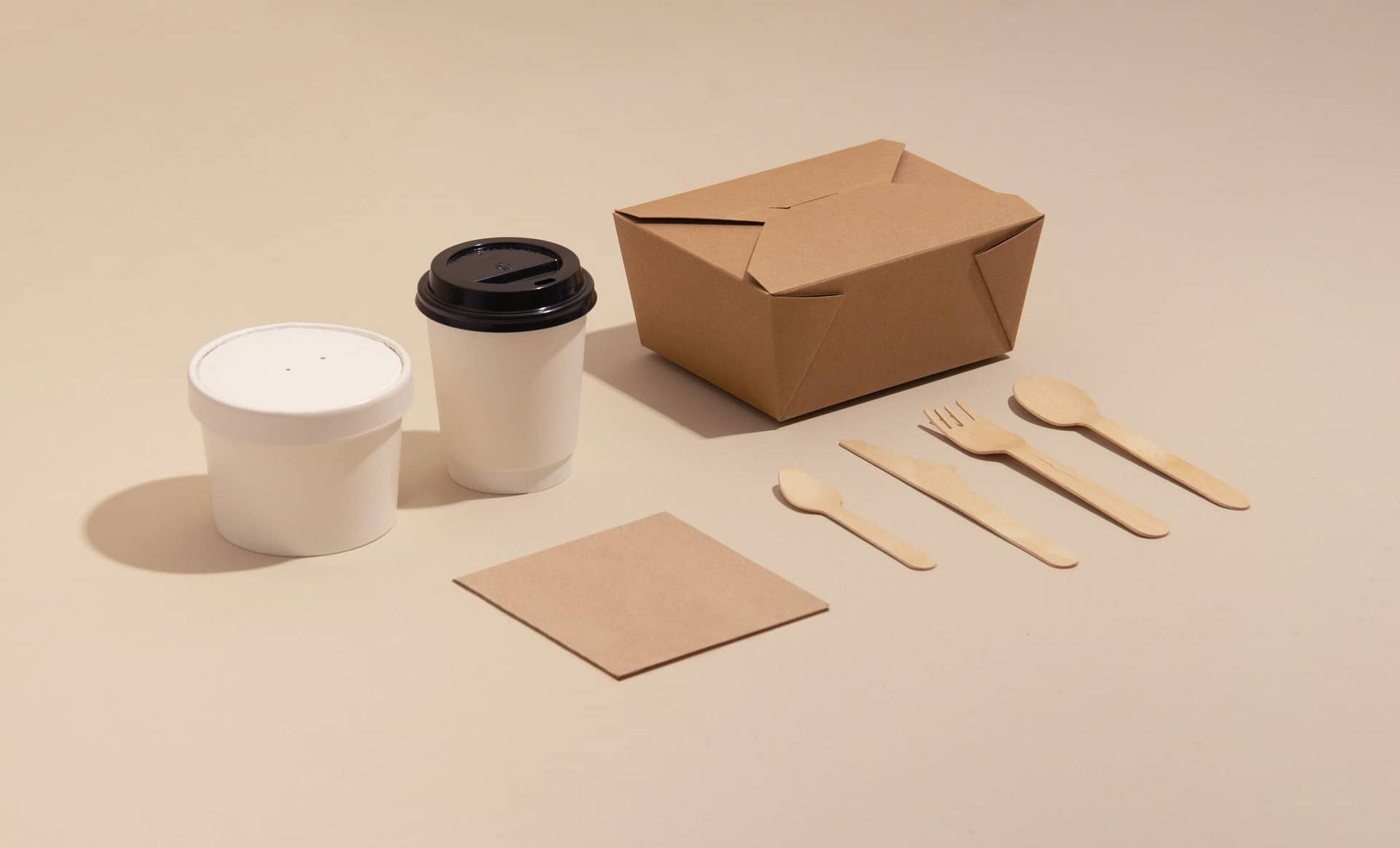
Sustainable packaging is becoming an ever-present part of modern consumption, and over the last few years has been one of the fastest-growing trends in the packaging world. It is predicted that the sustainable packaging market will grow at a rate of 7.6% by 2029, as many companies now pledge to use 100% recycled packaging during the next few years.
Since the onset of the Covid-19 pandemic, where countless restaurants and cafes relied on offering takeaway options to stay afloat, the importance of hospitality establishments using sustainable packaging to minimise their environmental impact is more evident than ever. But how is the sector embracing the shift towards sustainable packaging?
The rise of sustainable packaging
It is undeniable that the shift in consumer mindset is driving the demand for sustainable solutions, with reports suggesting that 83% of consumers are willing to pay more for sustainable packaging.
Historically, however, the hospitality industry has been known for generating substantial waste and having a significant negative impact on the environment. To stay in tune with consumer habits and demonstrate their commitment to preserving the environment, the sector needs to adapt its ways, starting with implementing eco-friendly packaging options.
Packaging options
There are countless innovative eco-friendly packaging options, some of which the industry is embracing. One example includes biodegradable cutlery made from materials like bamboo, which decompose naturally. To assist the industry in making sustainable choices, companies such as French startup Koovee are creating products that are alternatives to the single-use plastics options we all know. Koovee's biodegradable and edible cutlery is made from a blend of flour, rapeseed oil, salt, and natural flavours, offering a unique end to a meal.
Another option consumers are more familiar with is compostable coffee cups, which can often be found in local cafes and delis, looking to do their bit to reduce waste.
Furthermore, restaurants are equipping customers with reusable food containers when they leave with leftovers, allowing them to store their food and reuse the boxes, significantly reducing waste.
Elsewhere in the sector, we're seeing hoteliers opt for shower gel and shampoo suppliers using 100% recycled plastic and sustainable options. Luxury retailer L'OCCITANE en Provence, has been a trailblazer in sustainable beauty and wellness products for more than 40 years and now offers the hospitality sector eco-designed, sustainable packaging that includes refillable dispensers.
By embracing these eco-friendly packaging options, the industry can positively impact the environment while meeting the needs and expectations of eco-conscious guests. These innovations not only reduce waste but also showcase the industry's commitment to sustainability and pave the way for a greener future.
Future trends and opportunities
Looking ahead, emerging trends in eco-conscious packaging for the hospitality industry include smart packaging technologies and circular economy initiatives, which prioritise sustainability and transparency throughout the supply chain.
Smart packaging includes features like sensors and QR codes to provide real-time information, while circular economy initiatives promote the reuse, recycling, and composting of packaging materials. Businesses can embrace these trends to attract eco-conscious customers and help reduce their operational costs.
As consumers increasingly prioritise sustainability in their purchasing decisions, the hospitality sector is responding with proactive measures to reduce its environmental footprint, and by embracing eco-conscious packaging solutions they are not only meeting customer expectations but also contributing to a greener future for the planet.
Do you work in the hospitality sector? How are you embracing the shift towards sustainable packaging? We would love to hear from you on X and Instagram!
